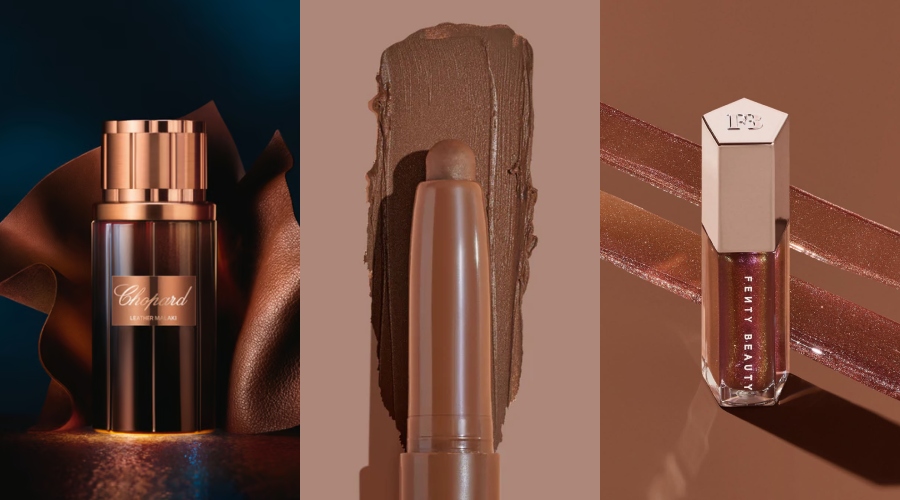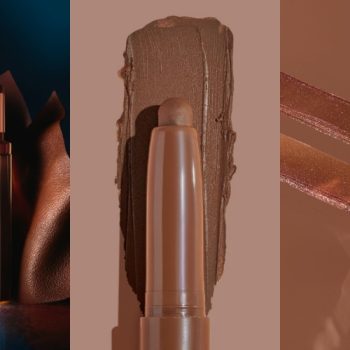While Pycnogenol is not a new ingredient and has been around for decades as an oral supplement, it is only in the recent past that new light is being shed on it as an up-and-coming antioxidant. In fact, if you look it up on the Internet, very few skincare products feature Pycnogenol, but researchers and dermatologists have a lot to say about it. Let’s find out more about this underrated ingredient.
What is Pycnogenol?
To start with, what exactly is this ingredient and what is Pycnogenol (pronounced pick-noh-gen-all) derived from? We connected with Dr. Renita Rajan, Leading Dermatologist & Founder, Render Skin & Hair, who has worked closely with this ingredient, to get some answers. She shares, “Pycnogenol is the patented molecule which is obtained specifically from Pinus pinaster, the French maritime pine bark extract.” This is therefore, the trademarked name for this pine bark herbal extract found primarily in southwestern France, that is rich in several bioflavonoids that have both anti-inflammatory and antioxidant effects.
She points out that so far, it has been more popular as a supplement the world over, and also has a GRAS (Generally Recognised as Safe) certification from the US Food & Drug Administration. “Research on oral Pycnogenol supplements has been around for more than 40 years and when taken orally, it can increase skin collagen levels, antiageing, anti-wrinkle, melasma and related pigmentation, it acts as an internal sunscreen agent, reduces sun spots, tans, etc.” Apart from this, it has a host of benefits for other systems like menopausal health, endometriosis, varicose veins, eye health, cognitive health and so on.
Pycnogenol in Skincare
A study in 2012 found that this pine bark extract when taken as a supplement improved hydration and elasticity of skin for those dealing with dry skin. The research showed that pine bark extract may increase production of hyaluronic acid and collagen, and thus can work well as an antiaging product.
While the oral version has been around for decades, the topical format of Pycnogenol has garnered attention only in the last decade or so. Dr Renita says, “Research data is now available to show that topical Pycnogenol offers benefits like reducing UV damage, antioxidant benefits, and improvement in collagen protection, pigmentation and control of acne-causing bugs.”
There are also studies that have proven Pycnogenol to be more powerful than vitamin C. Good news for skincare lovers, then? She clarifies, “The oral supplement has been studied to be 20X stronger than oral vitamin C. Topically, both reach good concentrations in the skin. Where Pycnogenol outperforms vitamin C is its ability to not get oxidised easily. In fact, Pycnogenol can be used to stabilise topical vitamin C. But if you are already using a stronger, more stable version of vitamin C in the form of Pycnogenol, then further vitamin C addition is redundant.”
But does it suit all skin types? Dr Renita, who is also Curator for skincare brand Chosen by Dermatology – that has an exclusive India tie-up with Horphag Research Ltd., the trademark-holder and worldwide supplier of Pycnogenol, for rights to manufacture and market oral and topical Pycnogenol products here – shares, “While Pycnogenol works for all skin types, it needs to be housed in the right base for specific results.” For example, at Chosen, they’ve developed three Pycnogenol serums to suit different skin types, keeping in mind the humidity and sebum levels in India. She shares that the anhydrous formula works best only for dry skin, but is also excellent to use as a post sun recovery serum over the hands and feet. For oily, sebaceous areas, the White Pine Mousse and the White Pine Mirror Glaze serums work better to control sebum, reduce texture, and increase skin reflectance.” She adds, “In my experience, Pycnogenol is among the trickiest actives, but if stabilised properly (and sometimes needing a lot of trials), it works so well!”
Just like other actives have preferred usage timelines, such as retinol that is recommended for use at night, we quiz Dr Renita on when’s the best time to apply Pycnogenol. She says, “Topical Pycnogenol can be used any time of the day, but since skin absorption for any active is most towards the evening, a PM use would be better. If going out in the sun, you can consider a Pycnogenol containing sunscreen to be used over a moisturiser.”
So, will we see Pycnogenol usage picking up in the coming years? She shares that in the last three years since introducing Pycnogenol in India, their experience based on clinical follow up, has been very good for Pycnogenol. “We are in the process of publishing data from our experience, and the newer applications in terms of cognitive health, menopausal health are all very exciting. And since it is always good to look at health holistically – and the new buzzword is healthy longevity – so Pycnogenol may very well fit that bill.”
























